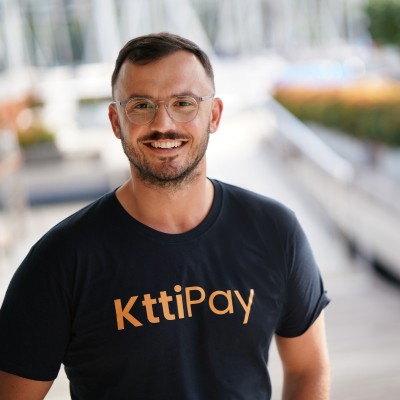Housing industry says ‘Stop taxing housing harder if you want more homes built’
THE Housing Industry Association (HIA) has called on the Australian Government to rule out any changes to negative gearing and capital gains tax in this year’s tax review. HIA warns that further tax instability would choke off new home building and deepen Australia’s housing shortage.
Releasing HIA’s new report, Taxation of Housing and its Impact on Supply, HIA chief economist, Tim Reardon said governments “cannot make homes cheaper by taking more from them”.
“You don’t fix a housing shortage by taxing housing harder,” Mr Reardon said. 
“And you certainly don’t make homes more affordable by destabilising the tax settings that support new home construction.”
The report found that housing was already one of the most heavily taxed sectors in the Australian economy, with taxes applied at every stage of the housing lifecycle. Many of these taxes fall most heavily on new housing, directly increasing costs and reducing the feasibility of new projects.
“The political reflex has been the same for decades,” Mr Reardon said.
“First it was to blame investors. Then foreigners. Then foreign investors. Meanwhile governments quietly add more taxes, more charges and more costs to housing, and wonder why supply keeps falling short.”
HIA’s analysis shows that investors play a critical role in housing supply, commencing more than 40% of new homes built in Australia, and an even higher share of apartments and rental housing.
“When you discourage investors, you don’t free up housing, you stop it being built,” Mr Reardon said.
“Investors don’t neatly switch from established homes into new construction when taxes rise. They leave the housing market altogether.”
The report challenges claims that changes to negative gearing or capital gains tax would improve affordability or help first home buyers, noting that housing prices were determined by supply and demand, but housing shortages are only resolved by building more homes.
“New homes don’t exist in isolation,” Mr Reardon said.
“They become established homes. Taxing established housing more heavily reduces the value of new housing as well, which makes fewer projects stack up.”
HIA is urging the Australian Government to provide certainty to the housing market as part of this year’s tax review.
“If governments are serious about increasing housing supply, the first step is simple,” Mr Reardon said. “Commit to tax system stability for residential investment, rule out changes to negative gearing and capital gains tax, and stop layering new taxes onto new housing construction.
“More homes will only be built if governments stop treating housing as a revenue base and start treating it as essential infrastructure.”

 How to resolve AdBlock issue?
How to resolve AdBlock issue? 






